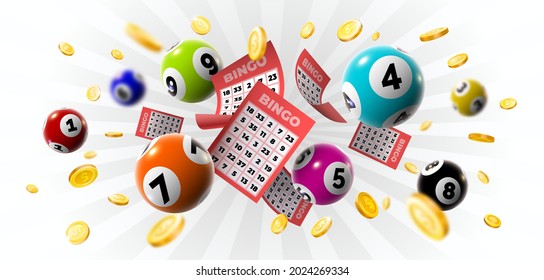
Lotteries are a form of gambling in which participants wager money on the outcome of a drawing. They are often organized by a state government, though many are operated by private corporations. They have been used to raise funds for a variety of public purposes, including schools and colleges.
The history of lottery dates back to the 15th century in the Low Countries, where towns raised money to fund town fortifications and help poor people. In France, a lottery for public profit was authorized in the mid-15th century, and later developed as a means of raising money for education.
Since then, lottery games have expanded and become more sophisticated. They are now played with computerized equipment that sifts through large numbers of potential combinations, recording the name of each bettor and the number or number combination he has chosen. They are also available in instant formats, where a player can purchase a ticket and watch the drawing live on television.
These games are typically much more expensive than traditional lotteries, but they offer higher odds of winning, with payouts of up to 70% on some games. They are also played more frequently than traditional lottery games, up to seven days a week.
There are a few things you should keep in mind when playing the lottery: 1. Be careful of which numbers you choose, as it can influence your chances of winning. 2. Avoid numbers that are significant to you, such as your birthday or the birthday of a loved one. 3. Don’t be too greedy, and don’t spend more than you can afford to lose.
You should also know that there are a number of tax implications when you win, especially if you’re a resident of the United States. You may have to pay taxes on your entire prize, as well as any interest that you have earned on the amount you won. This can quickly wipe out any savings you might have in your bank account.
In the United States, lotteries have played an important role in funding the building of many colleges and universities, including Harvard, Dartmouth, Yale, and the University of Pennsylvania. They have also been used to finance roads, libraries, churches, canals, and other public facilities.
Historically, lottery sales have been more popular in times of economic stress or when state governments are under financial strain. These factors make lottery revenues more attractive to voters, who feel that a lottery’s proceeds will be spent for public purposes rather than taxes, which they consider an illegitimate source of revenue.
They are particularly popular in the US, where they are the primary form of state-sponsored gambling. In fact, in a majority of states with lotteries, over 60% of adults play at least once a year.
While it is true that lottery revenues are often earmarked for education, there is no evidence that this is the primary factor in determining their popularity or that the actual fiscal health of a state has anything to do with its decision to adopt a lottery.